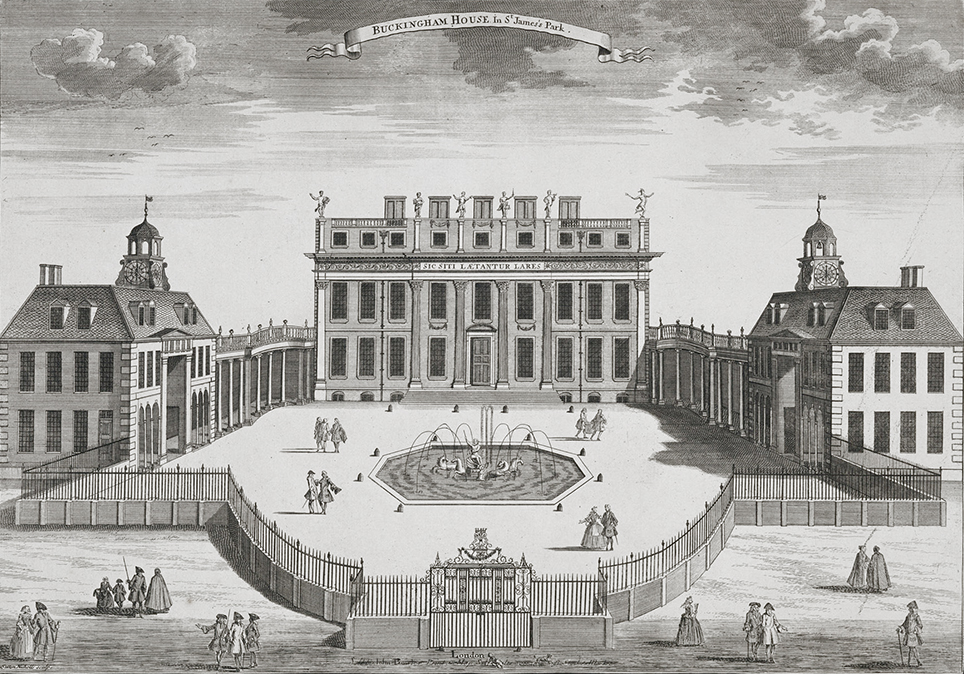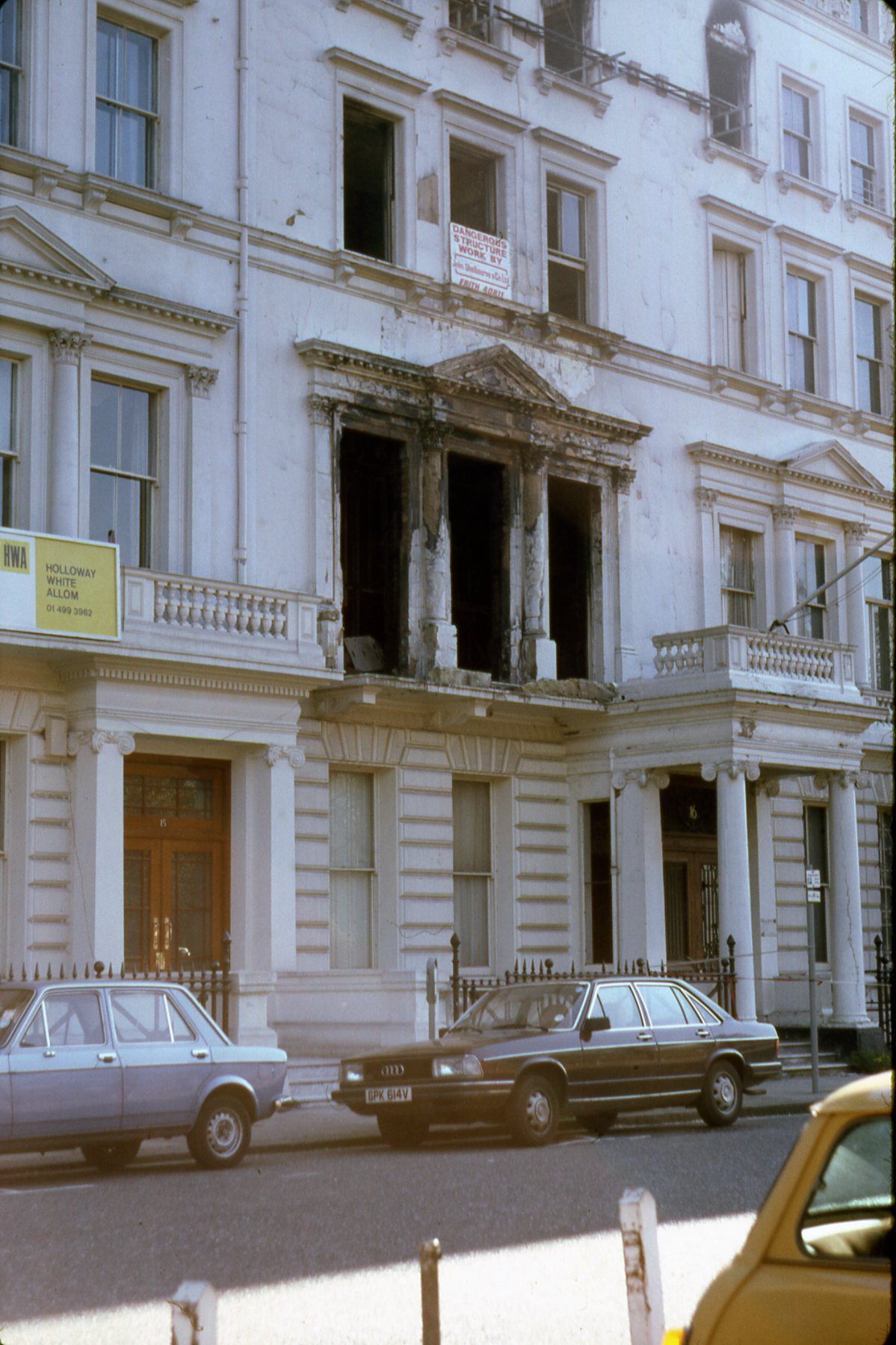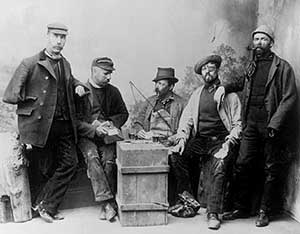|
David McNee
Sir David Blackstock McNee (23 March 1925 – 26 April 2019) was a Scottish police officer who was Chief Constable of the City of Glasgow Police (later Strathclyde Police) from 1971 to 1977, and then Commissioner of the Metropolitan Police from 1977 to 1982. Early life Born in Glasgow, McNee worked as an office boy at the Clydesdale Bank before joining the Royal Navy as a rating in 1943. During the Second World War, he served as a telegraphist on several ships, including HMS ''Empire Mace''. He was involved in the Normandy landings on D-Day. In 1946, McNee began his career in the police when he joined the City of Glasgow Police, serving as a uniformed constable before joining the force's Marine Division as a Detective Constable in 1951. He rose up the ranks to Inspector and served in the Flying Squad and Special Branch, until attending a senior command course at the Police Staff College, Bramshill, after which he was appointed Assistant Chief Constable of Dunbartonshire Coun ... [...More Info...] [...Related Items...] OR: [Wikipedia] [Google] [Baidu] |
Commissioner Of Police Of The Metropolis
The Commissioner of Police of the Metropolis is the head of London's Metropolitan Police Service. Sir Mark Rowley was appointed to the post on 8 July 2022 after Dame Cressida Dick announced her resignation in February 2022. The rank of Commissioner of the Metropolitan Police is generally regarded as the highest in British policing. Although authority is generally confined to the Metropolitan Police Service's area of operation, the Metropolitan Police District, the Metropolitan Police also has certain national responsibilities such as leading counter-terrorism policing and protection of the royal family and senior members of the government. The commissioner is directly accountable to the Home Secretary, the Mayor's Office for Policing and Crime, and the mayor of London. History The post of commissioner was created by the Metropolitan Police Act 1829. For the force's first ten years, commissioners were known as " justices of the peace of the counties of Middlesex, Surrey, He ... [...More Info...] [...Related Items...] OR: [Wikipedia] [Google] [Baidu] |
Constable
A constable is a person holding a particular office, most commonly in law enforcement. The office of constable can vary significantly in different jurisdictions. ''Constable'' is commonly the rank of an officer within a police service. Other people may be granted powers of a constable without holding this title. Etymology Etymologically, the word ''constable'' is a loan from Old French ''conestable'' (Modern French ''connétable''),p. 93b-283a, T. F. Hoad, ''The Concise Oxford Dictionary of English Etymology'' (Oxford University Press, 1993) itself from Late Latin ''comes stabuli'' ( attendant to the stables, literally 'count of the stable'), and originated from the Roman Empire; originally, the constable was the officer responsible for keeping the horses of a lord or monarch.p103, Bruce, Alistair, ''Keepers of the Kingdom'' (Cassell, 2002), [...More Info...] [...Related Items...] OR: [Wikipedia] [Google] [Baidu] |
Buckingham Palace
Buckingham Palace () is a royal official residence, residence in London, and the administrative headquarters of the monarch of the United Kingdom. Located in the City of Westminster, the palace is often at the centre of state occasions and royal hospitality. It has been a focal point for the British people at times of national rejoicing and mourning. Originally known as Buckingham House, the building at the core of today's palace was a large townhouse (Great Britain), townhouse built for the John Sheffield, 1st Duke of Buckingham and Normanby, Duke of Buckingham and Normanby in 1703 on a site that had been in private ownership for at least 150 years. It was acquired by George III in 1761 as a private residence for Charlotte of Mecklenburg-Strelitz, Queen Charlotte and became known as The Queen's House. During the 19th century it was enlarged by architects John Nash (architect), John Nash and Edward Blore, who constructed three wings around a central courtyard. Buckingham Pala ... [...More Info...] [...Related Items...] OR: [Wikipedia] [Google] [Baidu] |
Michael Fagan Incident
Michael Fagan (born 8 August 1948) is a British citizen who intruded into Queen Elizabeth II's bedroom in Buckingham Palace in 1982. Early life Michael Fagan was born in Clerkenwell, London, on 8 August 1948, the son of Ivy and Michael Fagan Sr. His father was a steel erector and a "champion" safe-breaker. He had two younger sisters, Marjorie and Elizabeth. In 1955, he attended Compton Street School in Clerkenwell (later St Peter & St Paul RC Primary School). In 1966, he left home at 18 to escape his father who, Fagan says, was violent. He started working as a painter and decorator. In 1972, he married Christine, with whom he had four children (she left him the year of the break-ins, but later came back). At some point in the 1970s–1980s, Fagan was a member of a North London branch of the Workers Revolutionary Party. Break-ins First entry In early July 1982, Fagan intruded into Buckingham Palace. He stated that he shimmied up a drainpipe and startled a housemaid, who ca ... [...More Info...] [...Related Items...] OR: [Wikipedia] [Google] [Baidu] |
Sus Law
In England and Wales, the sus law (from "suspected person") was a stop and search law that permitted a police officer to stop, search and potentially arrest people on suspicion of them being in breach of section 4 of the Vagrancy Act 1824. According to a 2018 study in the '' British Journal of Criminology'', stop and search had a marginal impact on crime in the UK. 1824 legislation The power to act on suspicion was found in part of section 4 of the Vagrancy Act 1824, which provided that: Upon conviction, a person arrested under the law could be imprisoned for up to three months. This effectively permitted the police to stop and search, and even arrest, anyone found in a public place if they suspected that they intended to commit an offence. In order to bring a prosecution under the act, the police had to prove that the defendant had committed two acts: * the first, that established them as a "suspected person" (by acting suspiciously), and * the second, that provided inten ... [...More Info...] [...Related Items...] OR: [Wikipedia] [Google] [Baidu] |
Lord Scarman
Leslie George Scarman, Baron Scarman, (29 July 1911 – 8 December 2004) was an English judge and barrister who served as a Law Lord until his retirement in 1986. He was described as an "outstanding judicial figure, entrusted with the most high-profile inquiries and marked by his integrity". Early life and education Scarman was born in Streatham but grew up on the border of Sussex and Surrey. He won scholarships to Radley College and then Brasenose College, Oxford, where he read Classics, graduating in 1932 with a double first. Legal career He was called to the bar at the Middle Temple in 1936. He remained briefless until World War II, which he spent in the Royal Air Force as a staff officer in England, North Africa, and then continental Europe. He was present with Arthur Tedder when Alfred Jodl surrendered at Reims. He was appointed an Officer of the Order of the British Empire (OBE) in 1944. He returned to law in 1945, practising from chambers at 2, Crown Office Row, known ... [...More Info...] [...Related Items...] OR: [Wikipedia] [Google] [Baidu] |
Brixton
Brixton is an area of South London, part of the London Borough of Lambeth, England. The area is identified in the London Plan as one of 35 major centres in Greater London. Brixton experienced a rapid rise in population during the 19th century as communications with central London improved. Brixton is mainly residential, though includes Brixton Market and a substantial retail sector. It is a multi-ethnic community, with a large percentage of its population of British African-Caribbean community, Afro-Caribbean descent. It lies within Inner London and is bordered by Stockwell, Clapham, Streatham, Camberwell, Tulse Hill, Balham and Herne Hill. The district houses the main offices of Lambeth London Borough Council. Brixton is south-southeast from the geographical centre of London (measuring to a point near Brixton tube station, Brixton Underground station on the Victoria line). History Toponymy The name Brixton is thought to originate from , meaning the stone of Brixi, a Saxo ... [...More Info...] [...Related Items...] OR: [Wikipedia] [Google] [Baidu] |
Special Air Service
The Special Air Service (SAS) is a special forces unit of the British Army. It was founded as a regiment in 1941 by David Stirling, and in 1950 it was reconstituted as a corps. The unit specialises in a number of roles including counter-terrorism, hostage rescue, direct action (military), direct action and special reconnaissance. Much of the information about the SAS is highly classified information, classified, and the unit is not commented on by either the British government or the Ministry of Defence (United Kingdom), Ministry of Defence due to the secrecy and sensitivity of its operations. The corps currently consists of the 22 Special Air Service Regiment, which is the regular component, as well as the Artists Rifles, 21 Special Air Service Regiment (Artists) (Reserve) and the 23 Special Air Service Regiment (Reserve), which are reserve units, all under the operational command of United Kingdom Special Forces (UKSF). Its sister unit is the Royal Navy's Special Boat Servi ... [...More Info...] [...Related Items...] OR: [Wikipedia] [Google] [Baidu] |
British Army
The British Army is the principal Army, land warfare force of the United Kingdom. the British Army comprises 73,847 regular full-time personnel, 4,127 Brigade of Gurkhas, Gurkhas, 25,742 Army Reserve (United Kingdom), volunteer reserve personnel and 4,697 "other personnel", for a total of 108,413. The British Army traces back to 1707 and the Acts of Union 1707, formation of the united Kingdom of Great Britain which joined the Kingdoms of Kingdom of England, England and Kingdom of Scotland, Scotland into a Political union, single state and, with that, united the English Army and the Scots Army as the British Army. The Parliament of England, English Bill of Rights 1689 and Convention of the Estates, Scottish Claim of Right Act 1689 require parliamentary consent for the Crown to maintain a peacetime standing army. Members of the British Army swear allegiance to the Charles III, monarch as their commander-in-chief. The army is administered by the Ministry of Defence (United Kingd ... [...More Info...] [...Related Items...] OR: [Wikipedia] [Google] [Baidu] |
Iranian Embassy Siege
The Iranian Embassy siege took place from 30 April to 5 May 1980, after a group of six armed men stormed the Embassy of Iran, London, Iranian embassy on Prince's Gate in South Kensington, London. The gunmen, Iranian Arabs campaigning for the sovereignty of the Khuzestan Province of Iran, took 26 people hostage, including embassy staff, several visitors, and a police officer who had been guarding the embassy. They demanded the release of prisoners in Khuzestan and their own safe passage out of the United Kingdom. The British government quickly decided that safe passage would not be granted and a siege ensued. Subsequently, police negotiators secured the release of five hostages in exchange for minor concessions, such as the broadcasting of the hostage-takers' demands on British television. By the sixth day of the siege the gunmen were increasingly frustrated at the lack of progress in meeting their demands. That evening, they killed a hostage and threw his body out of the emb ... [...More Info...] [...Related Items...] OR: [Wikipedia] [Google] [Baidu] |
Police Staff College, Bramshill
The Police Staff College, Bramshill, Bramshill House, Bramshill, (near Hook) Hampshire, England, was until 2015 the principal police staff training establishment in England and Wales. History The need for a training college for the police was pushed heavily by Sir Frank Newsam, who was the second most senior Home Office civil servant in the immediate post-war years. Sir Harold Scott, Commissioner of the Metropolitan Police in the late 1940s, also called for the establishment for such a college and it was established in June 1948 as the National Police College (taking its present name in 1979). The National Police Library was also established in 1948 and is still in existence, located in Ryton-on-Dunsmore. From 1948 to 1960 it was located at Ryton-on-Dunsmore, Warwickshire, but when Newsam became Permanent Secretary of the Home Office he secured for it a permanent base in Bramshill to which it moved in 1960. The main building at Bramshill is a Grade 1 listed Jacobean mansion ... [...More Info...] [...Related Items...] OR: [Wikipedia] [Google] [Baidu] |
Special Branch (Metropolitan Police)
Special Branch was a unit in the Metropolitan Police in London, formed as a counter-terrorism unit in 1883 and merged with another unit to form Counter Terrorism Command (SO15) in 2006. It maintained contact with the Security Service (MI5) and had responsibility for, among other things, personal protection of (non-royal) VIPs and performing the role of examining officer at designated ports and airports, as prescribed by the Terrorism Act 2000. History In response to the escalating terror campaign in Britain carried out by the militant Irish Fenians in the 1880s, the Home Secretary Sir William Harcourt established the first counter-terrorism unit ever in 1883, named Special Irish Branch, to combat Irish republican terrorism through infiltration and subversion. It initially formed a section of the Criminal Investigation Department within the London Metropolitan Police. Harcourt envisioned a permanent unit dedicated to the prevention of politically motivated violence throu ... [...More Info...] [...Related Items...] OR: [Wikipedia] [Google] [Baidu] |





